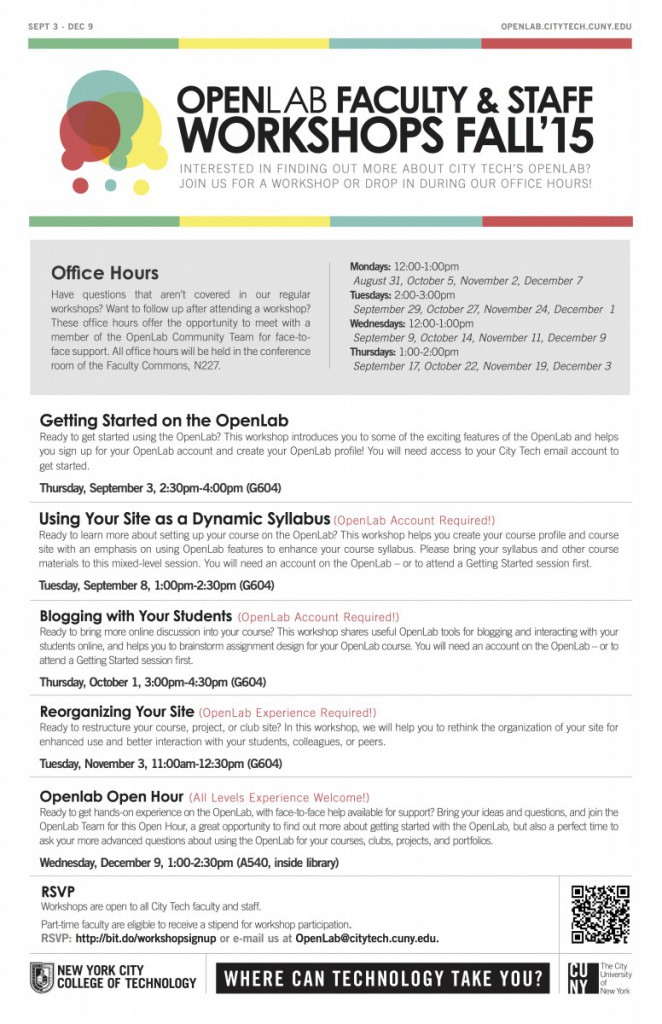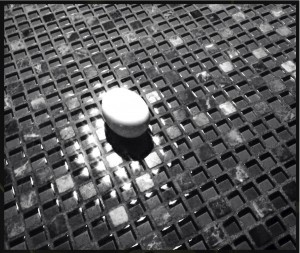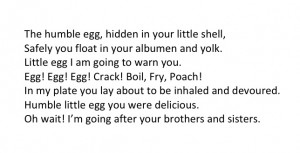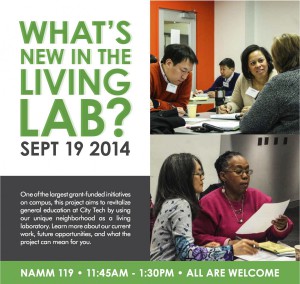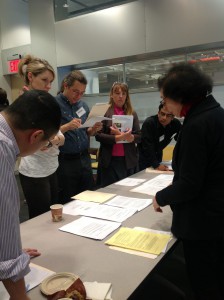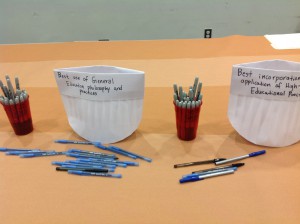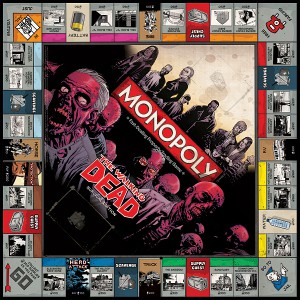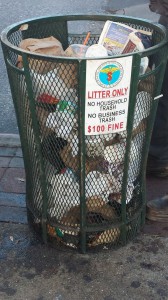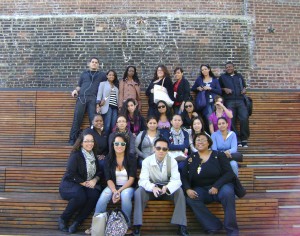Download PDF of OpenLab Faculty Staff Workshop Poster
OPENLAB FACULTY & STAFF WORKSHOPS FALL’14
INTERESTED IN FINDING OUT MORE ABOUT CITY TECH’S OPENLAB? JOIN US FOR A WORKSHOP!
Using Your Site as a Dynamic Syllabus (OpenLab Account Required!)
Ready to learn more about setting up and designing a course on the OpenLab? Bring your questions to these mixed-level sessions, along with your syllabus and other materials. You will need an account on the OpenLab – or attend a Getting Started session first.
Tuesday, September 9, 11:00am-1:00pm (G604)
Getting Started on the OpenLab
Find out how to collaborate with your students and colleagues on the OpenLab in these introductory sessions. You will need access to your City Tech email account.
Thursday, September 4, 10:30am-12:30pm (G604)
Wednesday, December 3, 2:00pm-4:00pm (G604)
Blogging with Your Students (OpenLab Account Required!)
Discuss and brainstorm assignment design for your OpenLab course, as well as course set-up and useful tools for blogging with your students. You will need an account on the OpenLab – or attend a Getting Started session first.
Thursday, October 2, 11:00am-1:00pm (G604)
Reorganizing Your Site (OpenLab Experience Required!)
Now that you’ve been working on the OpenLab, learn how to structure your site for improved interaction with your students or colleagues.
Tuesday, November 4, 1:00pm-3:00pm (G604)
Workshops are open to all City Tech faculty and staff.
Part-time faculty are eligible to receive a stipend.
RSVP: http://bit.ly/1nwXRnL Questions? Email us at OpenLab@citytech.cuny.edu.

